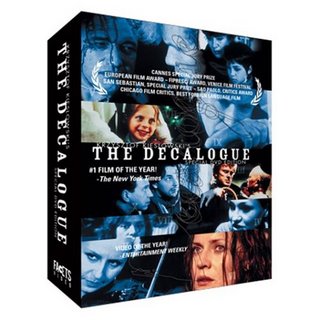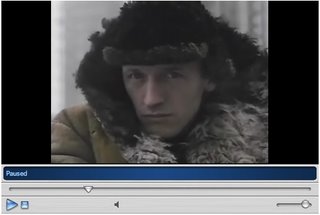
My intent for this blog is to share thoughts and ideas provoked by books, music, movies, lectures, theology, church, and the arts. With that in mind, I began my search for a name for this blog by scanning the bookshelves in my personal library.
I started down the poetry and fiction section, moving my finger across each shelf from left to right, my eyes scanning the titles and authors. Bohoeffer... Buechner... Cather... Chesterton... Dickens... Dostoevsky... Hemingway... Kerouac... Lagerlöf... Lamott... Lee... Lewis... O'Connor...Flannery O'Connor - that's it! I took
Everything that Rises Must Converge off the shelf and turned to my favorite of her short stories, "Revelation."
I was deeply moved by "Revelation" the first time I read it, and every new reading has made me love it more. On several occasions, I've enjoy reading it aloud to my family and friends as we sit around the living room near the flickering flames of the fireplace.
The main character of the story, Mrs. Turpin, is awakened to a radical new view of herself, the people around her, and the meaning of life. In the final scene, as the sun goes down at the end of a long and trying day, she has a burning moment of epiphany. Her eyes are opened and she now sees all things differently. As she watches the sunset, her mind's eye sees a great procession of souls rumbling and singing their way up the color-streaked sky toward heaven.
O'Connor's writing is so beautiful and three-dimensional that I feel as though I'm standing quietly alongside Mrs. Turpin—watching the sun sink down below the trees, undergoing an inner transformation of my own, and sharing in her profound revelation about self-concept and life.
That's what good writing does to me and for me. It draws me in and opens me up. It gives me a new way to see and refines my heart. So much so, that the change is visible in my altered face.
"And bringing up the end of the procession was a tribe of people whom she recognized at once as those who, like herself and Claud, had always had a little of everything and the God-given wit to use it right. She leaned forward to observe them closer. They were marching behind the others with great dignity, accountable as they had always been for good order and common sense and respectable behavior. They alone were on key. Yet she could see by their shocked and altered faces that even their virtues were being burned away. She lowered her hands and gripped the rail of the hog pen, her eyes small but fixed unblinkingly on what lay ahead. In a moment the vision faded but she remained where she was, immobile.
At length she got down and turned off the faucet and made her way on the darkening path to the house. In the woods around her the invisible cricket choruses had struck up, but what she heard were the voices of the souls climbing upward into the starry field and shouting hallelujah."
 I finished watching all ten of the Dekalog films by Krzysztof Kieslowski. There is a helpful synopsis and introduction of the films on the Facets Multimedia website.
I finished watching all ten of the Dekalog films by Krzysztof Kieslowski. There is a helpful synopsis and introduction of the films on the Facets Multimedia website.

